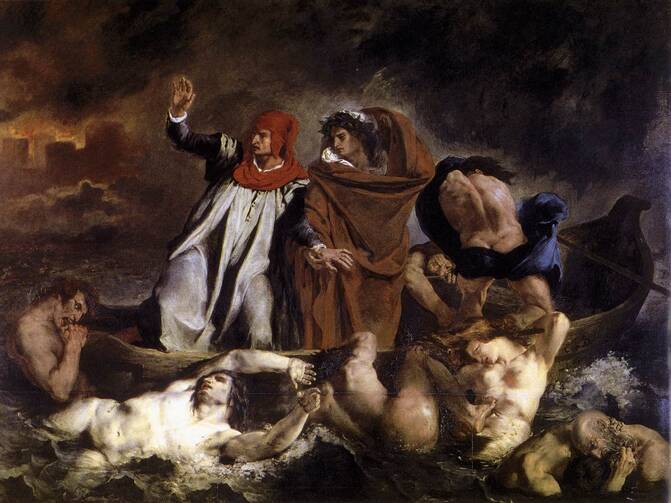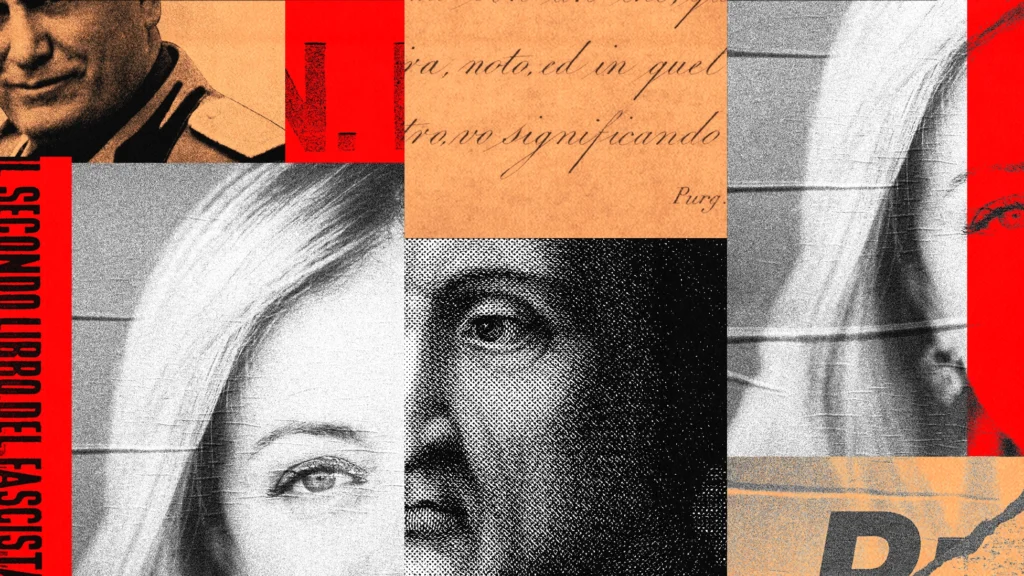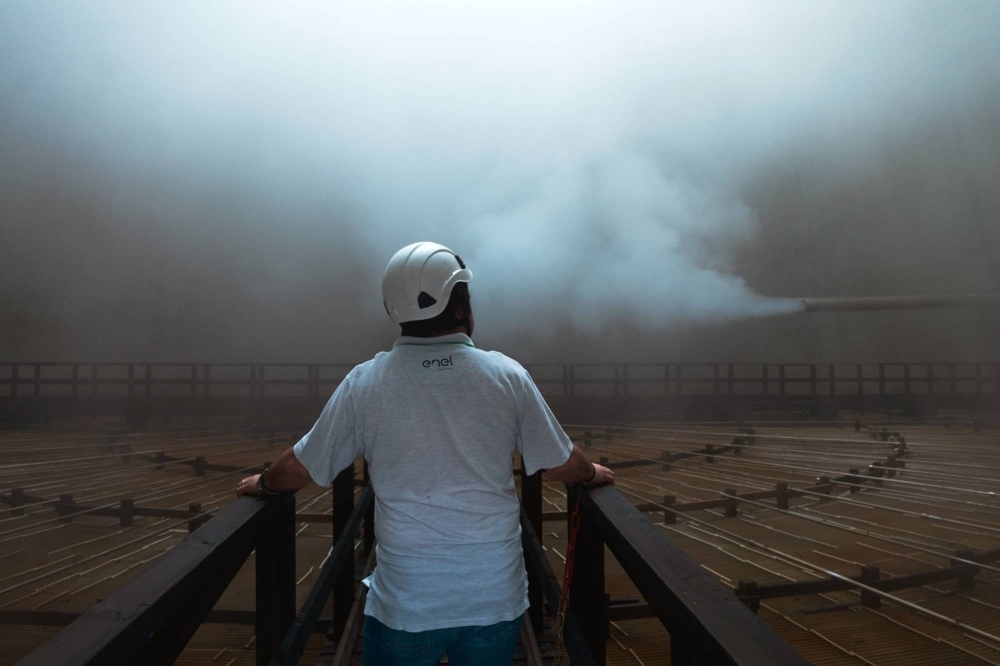
“The Commedia has to be the most practical Great Book ever written. Dante the poet wrote a letter to a friend in which he said he created the Commedia to help his readers understand why they suffer, and how they can be released from that suffering, because he too had been on that trail of tears, which God turned into a road that bound him for glory.
“Dante’s method works, and it works because his extraordinary poem, seven centuries old, is not really the pilgrimage of an exiled Tuscan through the afterlife, but a journey for every reader into his or her own heart — as it is, and as it can be through the astounding grace of God.” —Rod Dreher, “The Divine Comedy is the most practical Great Book ever written,” National Review, March 31, 2015 (retrieved March 20, 2024)




